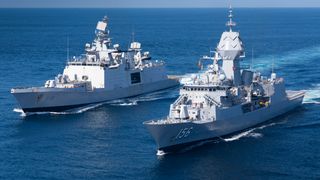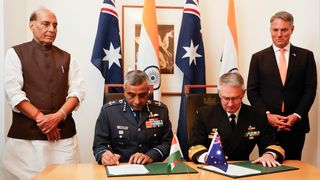There is a growing consensus among American allies and partners that an open, stable and prosperous Indo-Pacific is in the interests of all nations and must be preserved. Beyond this broad vision for regional order, however, are a range of differences in national priorities, security and economic interests, and views about rules, norms and values. As the Indo-Pacific strategic landscape becomes more challenging, creating a demand for greater cooperation between the United States and its regional partners, these differences need to be better understood.
To what extent are the aims of Indo-Pacific countries aligned on issues of security, geoeconomics and regional diplomacy? What are their common strategic goals? And how can Australia work with likeminded partners to strengthen a collective approach to the region’s future?
The United States Studies Centre held a public panel discussion with five US, Australian and regional experts to learn more about these important strategic trends and the future of the Indo-Pacific.
Panellists
Evan Feigenbaum Vice President for Studies, Carnegie Endowment for International Peace
Lavina Lee Senior Lecturer, Department of Modern History, Politics and International Relations, Macquarie University
Rajeswari Rajagopalan Distinguished Fellow & Head of the Nuclear Space Policy Initiative, Observer Research Foundation
Sugio Takahashi Head, Policy Simulation Office, National Institute for Defense Studies
Ashley Townshend (moderator) Director, Foreign Policy and Defence, United States Studies Centre








